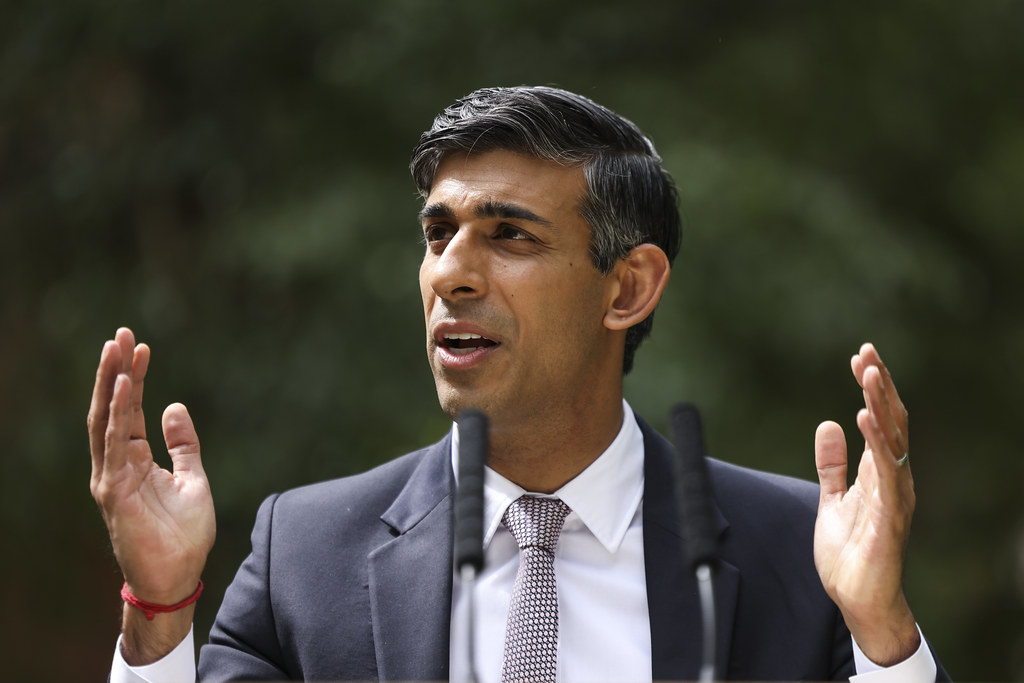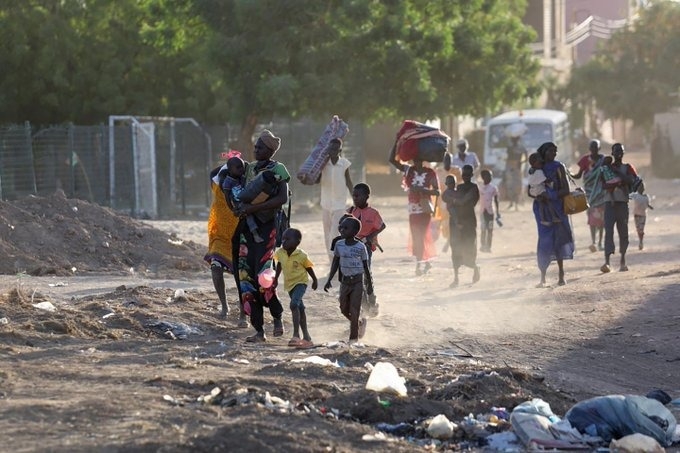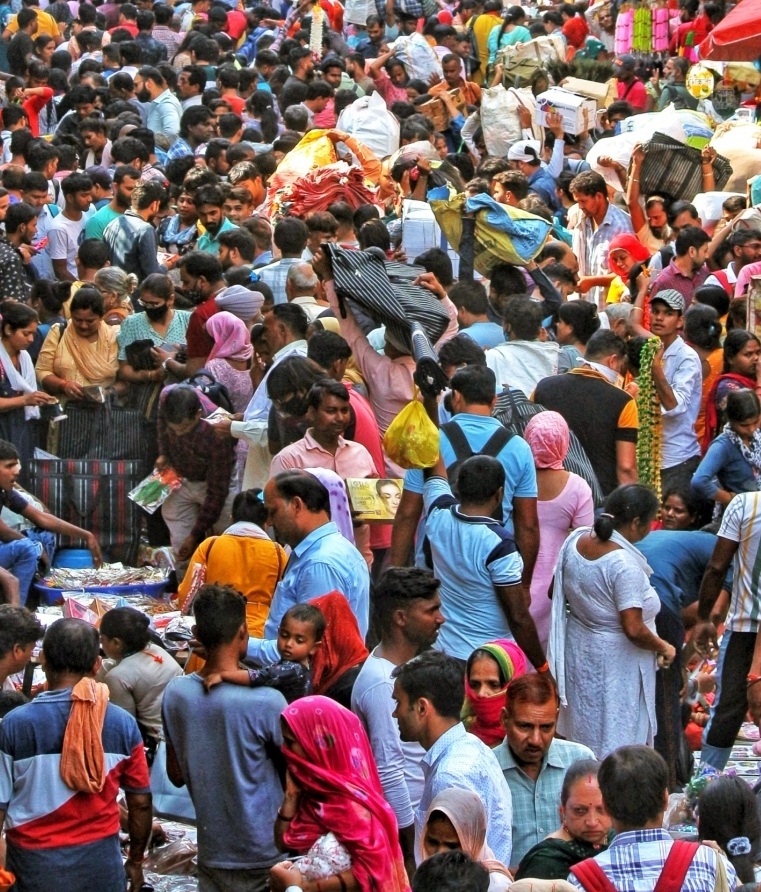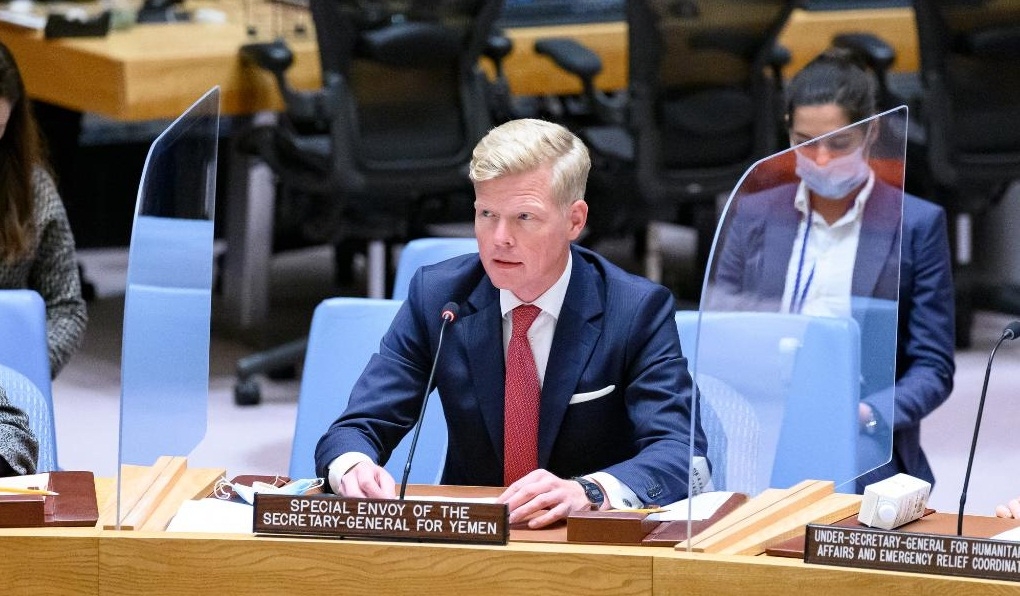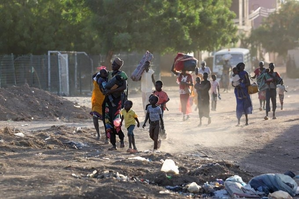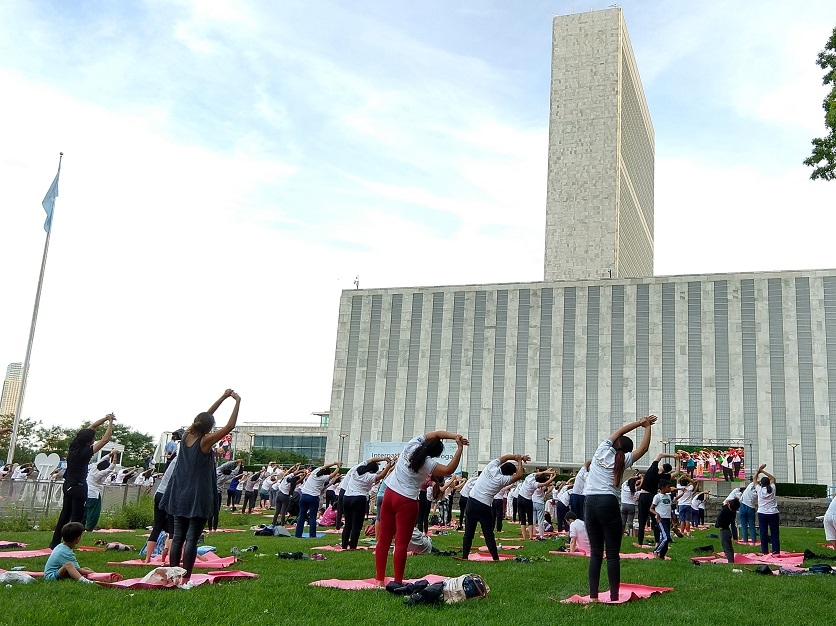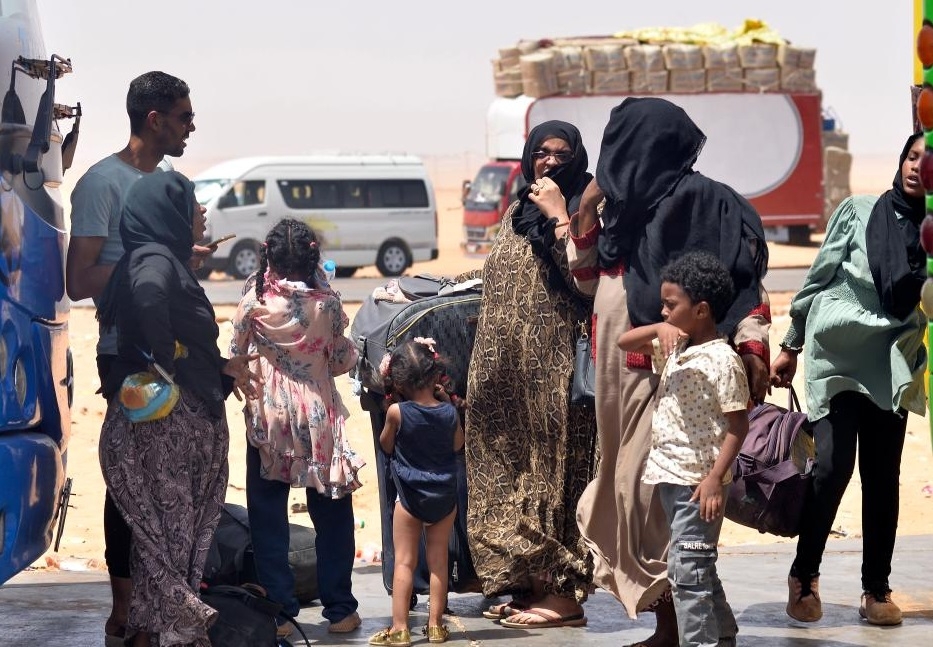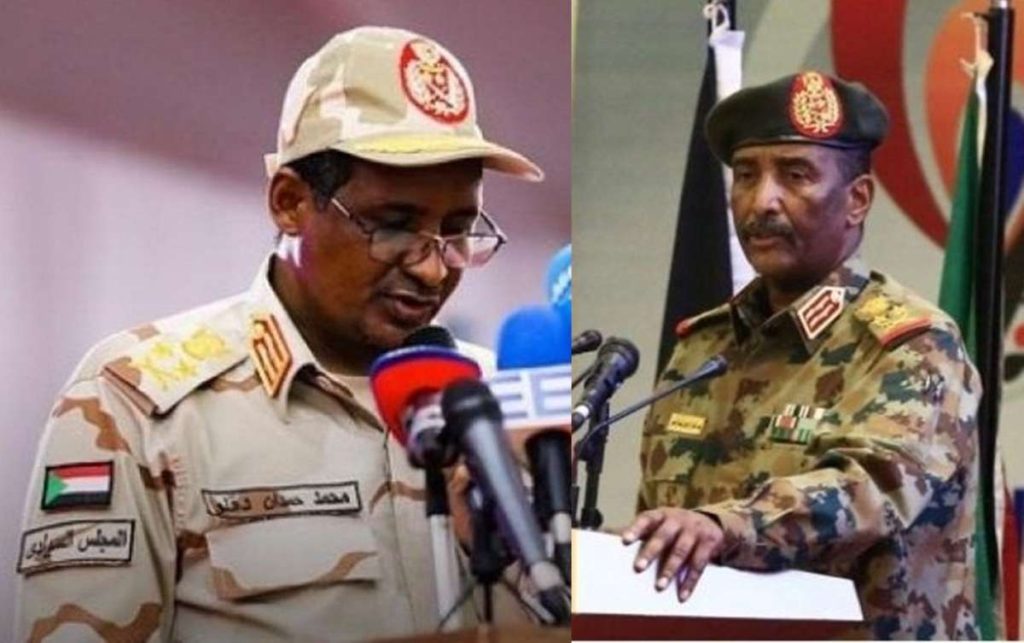UN Secretary-General Antonio Guterres said the world body “assumed the risk to conduct this very delicate operation”…reports Asian Lite News
A UN emergency team has started transferring crude oil from the decaying super oil tanker FSO Safer moored off Yemen’s western coast as part of an urgent mission to avert a potential environmental catastrophe.
Safer, originally constructed as a supertanker in 1976 and later converted to a floating storage and offloading facility (FSO) for oil, is currently moored approximately 4.8 nautical miles (8,890 metres) off the coast of Hodeidah province, reports Xinhua news agency.
Abandoned since 2015, the FSO Safer is on the brink of breaking up, raising concerns about a potential oil spill that could wreak havoc on the fragile marine ecosystem and exacerbate the already dire humanitarian situation in the country.
On Tuesday, more than 1 million barrels of crude oil were carefully pumped into the replacement vessel Yemen, formerly known as Nautica, in a delicate ship-to-ship transfer.
According to a UN statement issued on Tuesday night, this intricate process is expected to last 19 days.
UN Secretary-General Antonio Guterres said the world body “assumed the risk to conduct this very delicate operation”.
He added that the oil transfer is critical in avoiding an environmental and humanitarian catastrophe on a colossal scale, which could be four times worse than the 1989 Exxon Valdez disaster in Alaska that killed thousands of seabirds and marine mammals.
Earlier this month, David Gressly, the UN resident and humanitarian coordinator for Yemen, emphasised that the ship-to-ship transfer of oil represents a significant milestone but does not signal the end of the operation.
“The next critical step involves the installation of a CALM buoy to securely moor the replacement vessel,” said Gressly.
Despite current efforts, UN experts caution that the vessel will continue presenting environmental hazards because of remaining oil residue and the potential for structural deterioration.
The 1,181 feet-long vessel comprises 34 storage tanks.
After years of neglect because of civil conflict, the tanker’s structural integrity has significantly weakened, making it susceptible to breaking apart or even exploding.
Seawater has infiltrated the engine compartment, causing extensive damage to the pipes and elevating the risk of sinking, according to previous UN reports.
Ali bin Hadi, a political observer based in Yemen’s southern port city of Aden, also expressed concerns about potential risks that could jeopardise the operation’s success.
“The aging pipes used in the transfer process may pose leakage threats, compounded by scorching summer temperatures that could stress the equipment. Additionally, the sea mines laid by the Houthis previously in the surrounding waters heighten safety risks,” said the observer.
Moreover, tensions are expected to escalate by the lingering disputes over ownership of oil and the replacement vessel between the Houthis and the Yemeni government.
Yemen has been embroiled in a devastating civil war since 2014, with the Iran-backed Houthi rebels fighting against the internationally-recognised government and its allies.
The war disrupted Yemen’s food supply chain and caused widespread famine, bringing the Arab world’s poorest country to the brink of collapse.
ALSO READ-UN envoy urges for ‘Serious breakthrough’ to end conflict in Yemen


